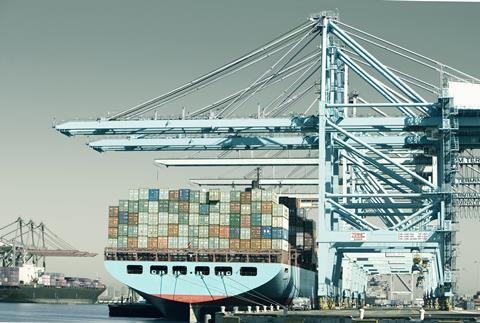The Montreal Port strike is expected to cost the Canadian economy an estimated $55m per day, according to analysis by data and analytics firm Russell Group.
Pharmaceuticals are expected to be a leading commodity affected by industrial action at the Canadian port of Montreal, according to analysis by Russell Group.

The strike is expected to cost the Canadian Economy an estimated $55m (C$76m) per day, the data and analytics firm has reported.
This is the latest strike to hit Canada’s ports, joining the ongoing strikes at Vancouver and Prince Rupert, which as Russell’s previous analysis highlighted, is expected to generate an estimated $765m hit to the Canadian economy.
Montreal is Canada’s second largest port and has been operating below capacity since 31 October, when dockworkers at two terminals walked off the job.
The strike, which started on 10 November, is expected to impact all terminals except the Bickerdike terminal, liquid bulk terminal and grain terminal.
In a statement, following the announcement of the strike, the Maritime Employers Association (MEA) said the lockout will impact 1,200 port workers at the port.
The Montreal Longshoremen Union rejected the final contract offer from the MEA, which would have delivered a 20% pay rise over six years, with total average compensation rising to C $200,000 per year by the end of the contract.
The Longshoremen’s Union rejected the deal unanimously, citing the US dockworkers recent deal that will see workers receive a raise of 62% over six years.
managing director, Suki Basi commented on the figures:
“Following hot on the heels of strikes at Prince Rupert and Vancouver, Montreal is the latest port to strike in Canada,” said Suki Basi, managing director, Russell Group.
“The strike may be new, but the issues are still the same; namely that of pay as the cost-of-living situation deteriorates. Unfortunately, this is not an issue that is restricted to just Canada, and one that is pervasive throughout many leading Western economies,” he said.
“For insurers and businesses, this means that the future is very uncertain and fraught with peril. The key to navigating this new landscape will be good quality data analytics to pre-empt and be ahead of these risks,” Basi added.










No comments yet